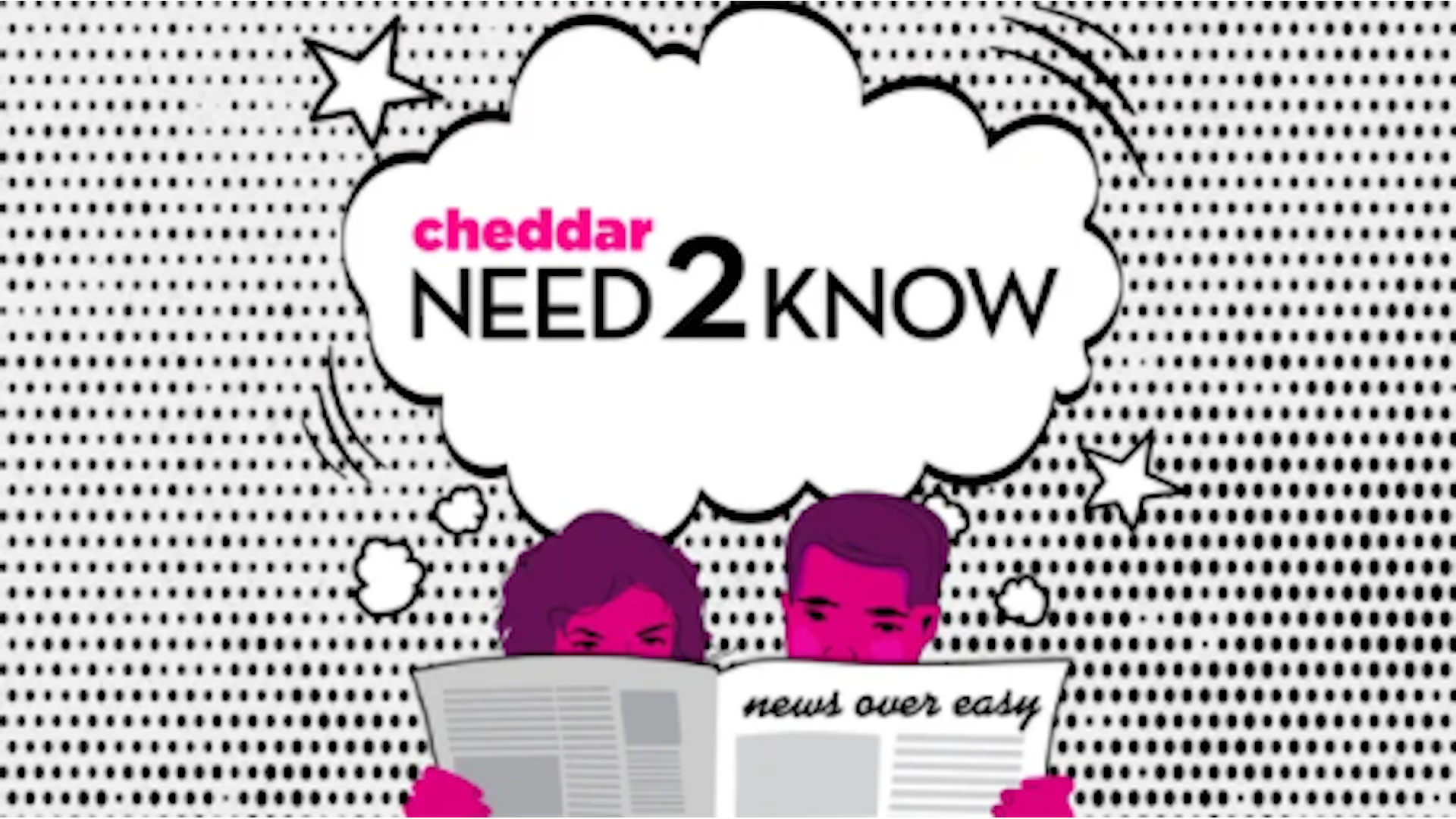A new study shed light on what goes in our brain when we die or have a near-death experience.
Share:
More In Science
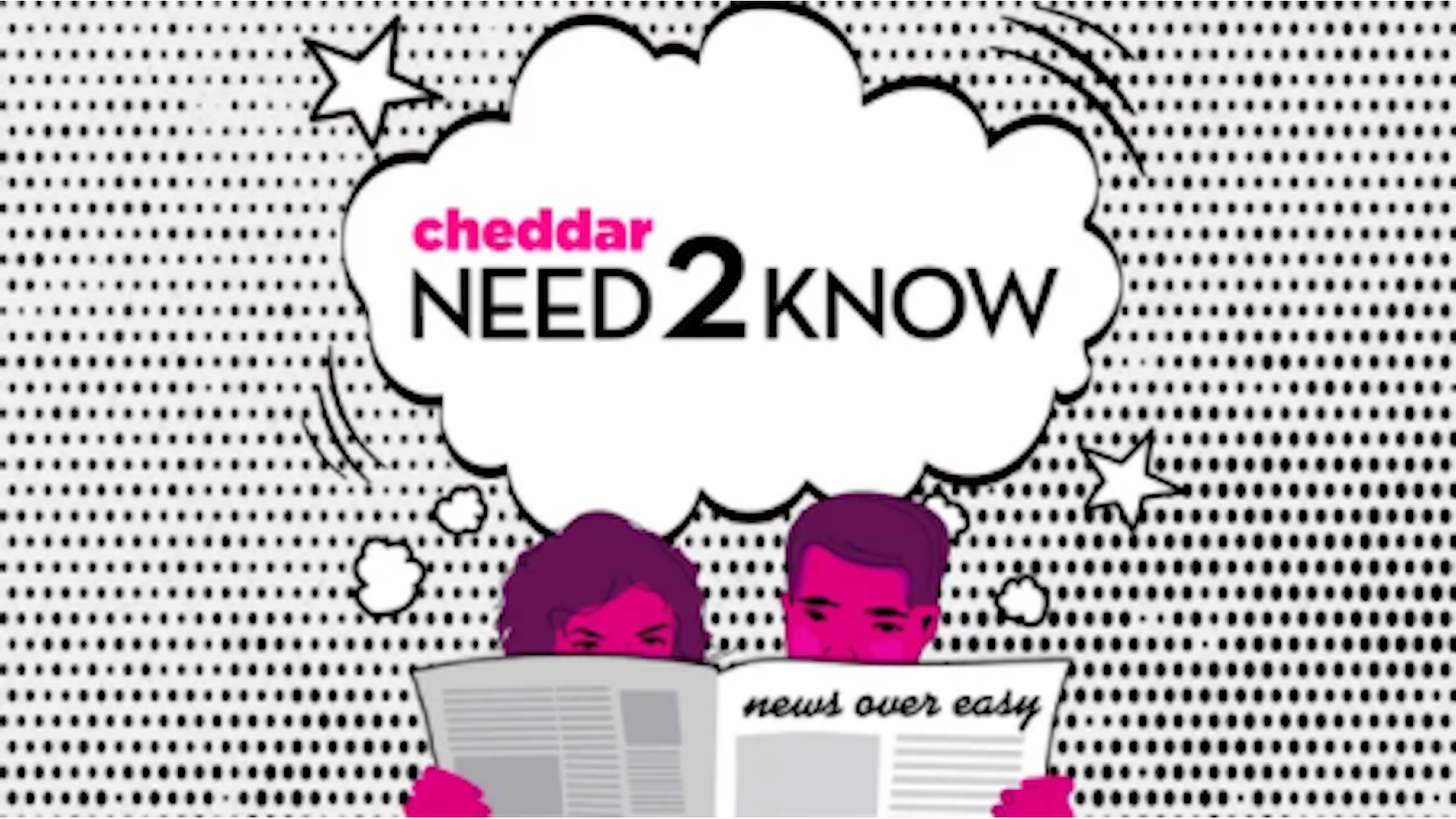
A New Year's Message from Carlo
For last year's words belong to last year's language, and next year's words await another voice. — TS Eliot
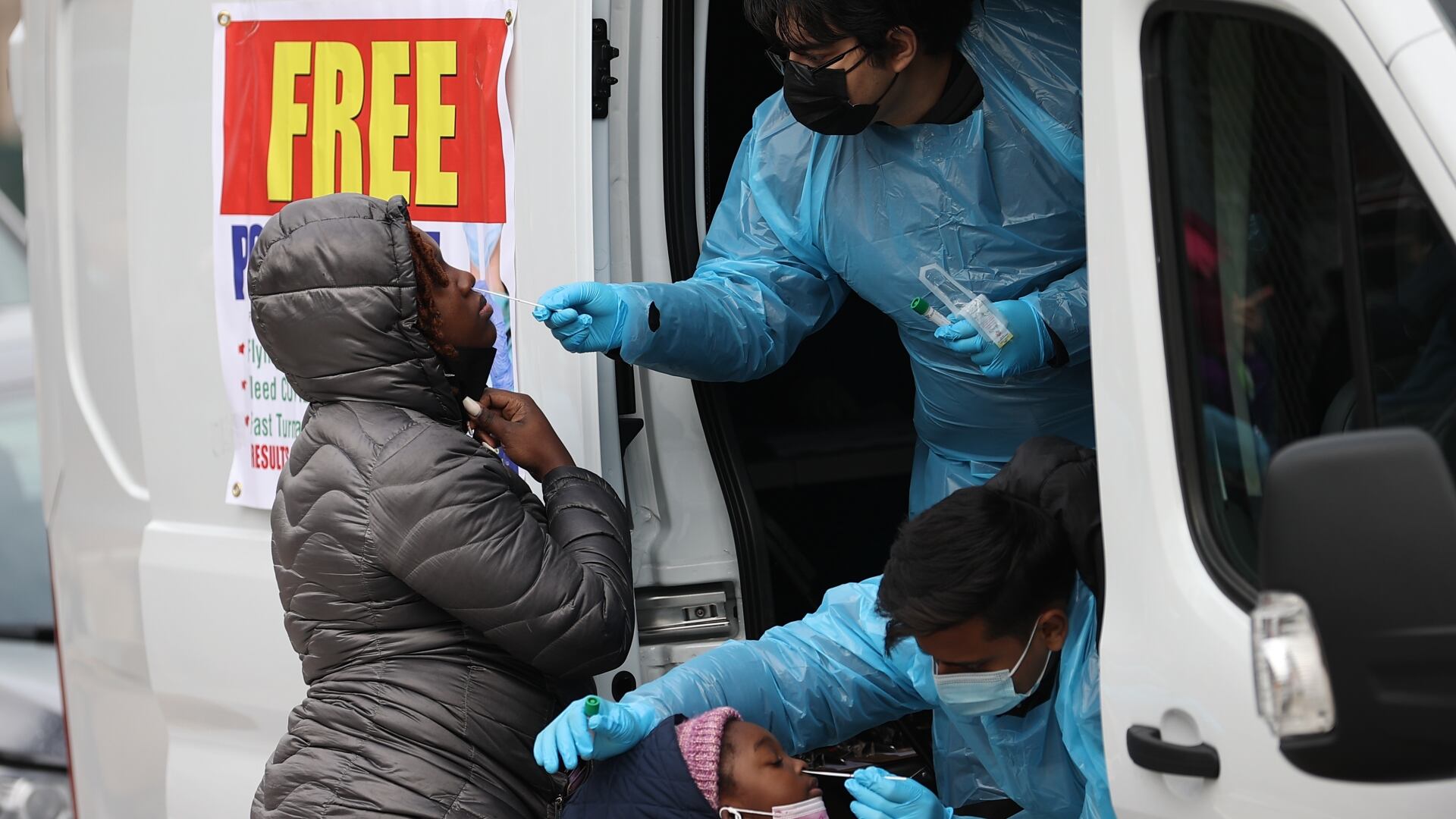
U.S.Government Falling Short on 'Genomic Surveillance' and Testing
The list of questions should be getting shorter as we enter the pandemic's third year, but that isn't the case. There's another question to add to that list: is the U.S. doing enough to track the virus and its variants? Lawrence Gostin, faculty director of the O'Neill Institute for national and global health law at Georgetown University, joins Cheddar News.

Need2Know: Biden, Putin Talk Ukraine, COVID Shutdowns & Pacific Northwest Deep Freeze
These are the headlines you Need2Know for Thursday, December 30, 2021.
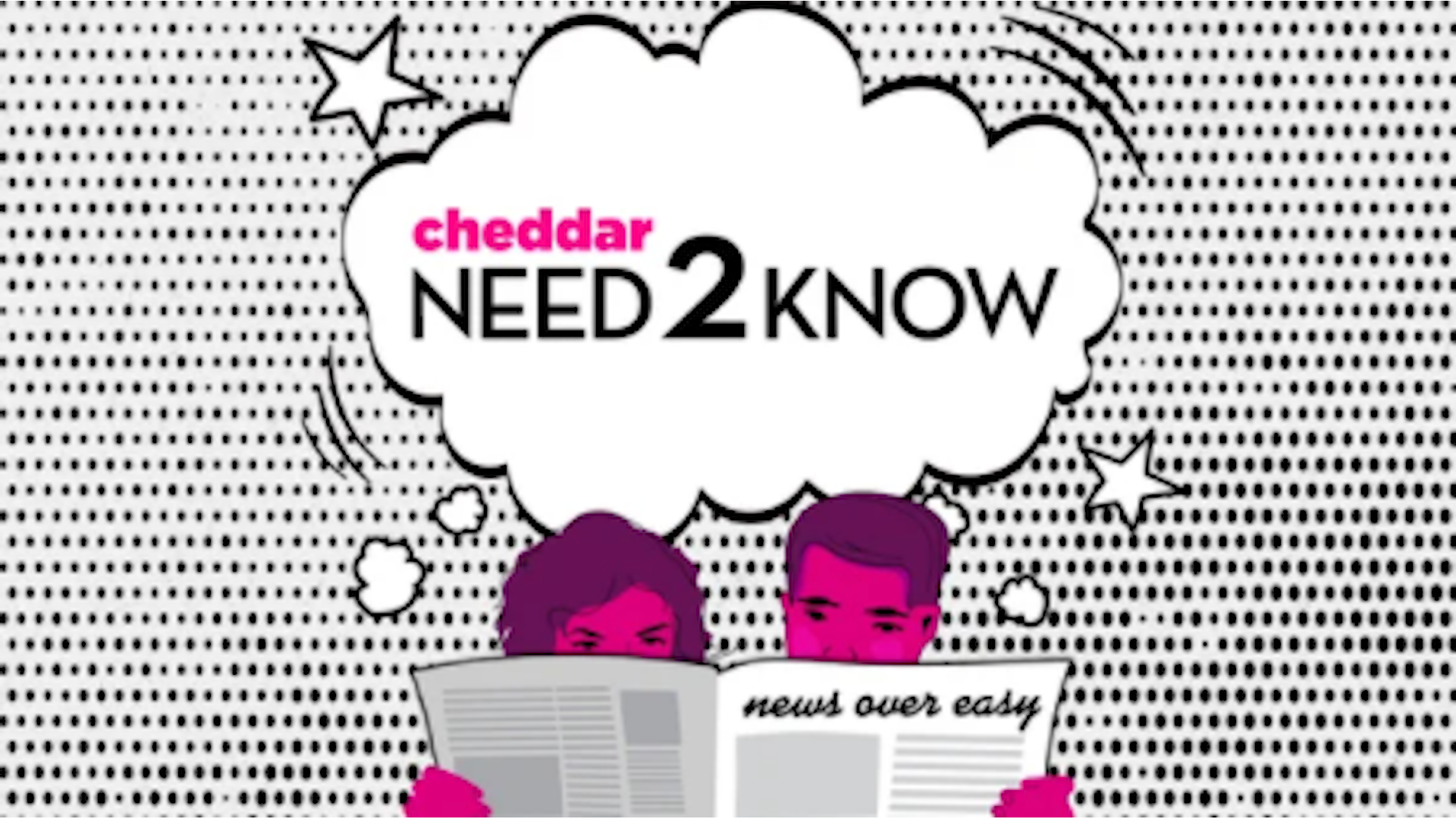
Ghislaine Guilty, Covid Closures & 10-Year Divorce
Carlo and Baker cover the verdict in the Ghislaine Maxwell case, piecemeal Covid closures spreading across the country and more.

Rethink Your New Year's Eve Plans with Rising COVID-19 Cases
As we prepare to ring in the new year, COVID cases are hitting an all-time high. Dr. Anthony Fauci has said the safest way to celebrate would be a small gathering with vaccinated family members only... far from the large, flashy parties from a few years ago. Dr. Christina Johns, senior medical advisor at PM Pediatrics, joins Cheddar News to discuss how to celebrate safely.

Elizabeth Holmes Awaits Jury's Verdict in Day 6 of Deliberations
Jurors in the trial against Theranos CEO Elizabeth Holmes have entered day six of deliberations. Holmes is accused of lying to investors about the functionality of a newly developed blood-testing technology. Andrew George, partner at Baker Botts, joined Cheddar to break down key points in the case and what the jury might be considering during their deliberations. He also noted that the rest of Silicon Valley, including Holmes' business partner, Ramesh "Sunny" Balwani, who is facing identical charges, is closely watching the outcome of deliberations — as it could set the tone for future regulations and Balwani's own trial.

Wildfires Out In The West Impacting California's Carbon Cap-and-Trade Program
According to researchers, the state of California's cap-and-trade program is currently being undermined by forest fires caused primarily by climate change. Over the past few years, trees that were set aside for the program have been releasing carbon as they continue to burn in fires. Climate Researcher and Policy Director at CarbonPlan Danny Cullenward, joined Cheddar to discuss more.
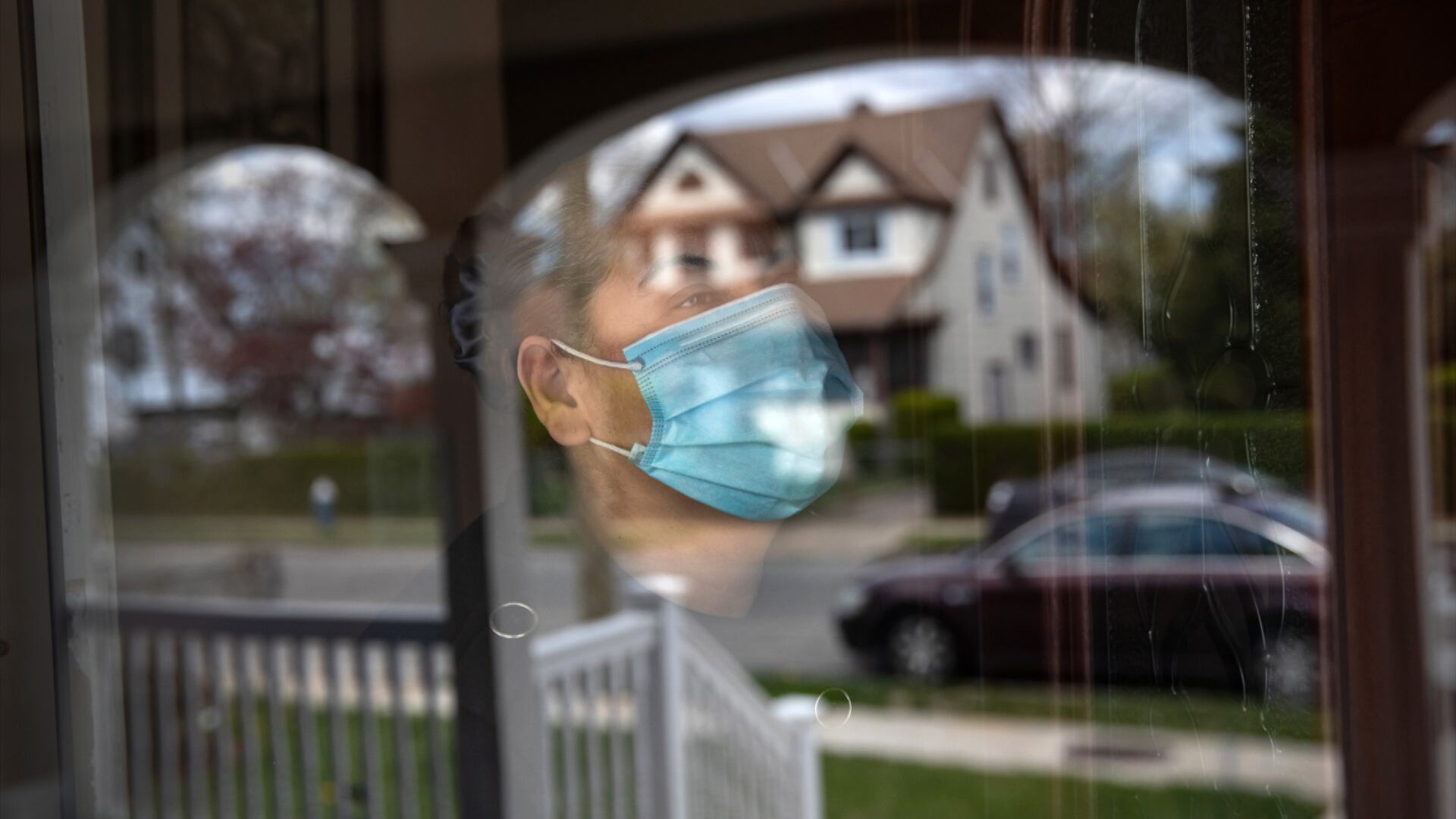
How the CDC Decided to Shorten COVID Quarantines
The CDC's latest update to its COVID-19 quarantine guidelines reduces the isolation period from ten days to just five for people who test positive but are asymptomatic. Dr. Bayo Curry-Winchell, regional clinical director at Carbon Health, spoke to Cheddar's Baker Machado about the new guidance. She noted that while the reduced quarantine time "makes sense," the CDC should also require that a person test negative after their quarantine and before interacting with the public. "There is science behind it. We know that the majority of illness happens, or transmission, one to two days before the onset of symptoms and then two to three days as you have symptoms. So there is science behind the reducement of the actual five days," she said.

Need2Know: RIP John Madden, Tornado Warnings & $441 Million Powerball
These are the headlines you Need2Know for Wednesday, December 29, 2021.
